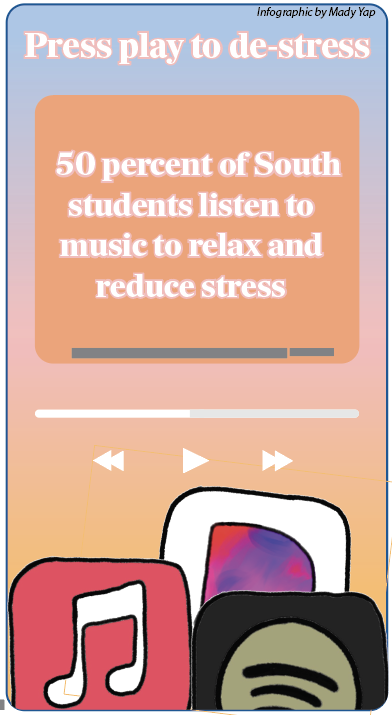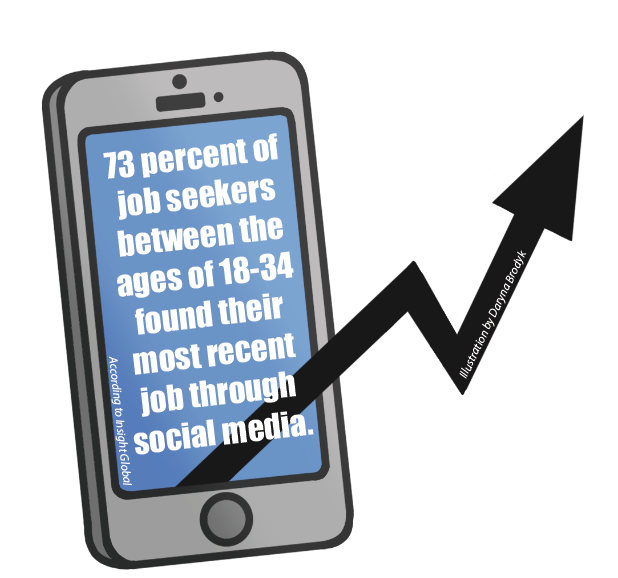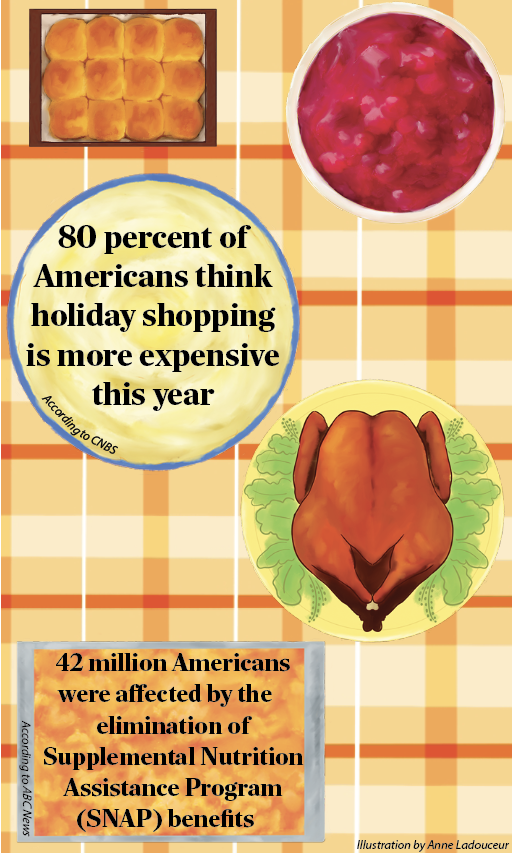Every March, as I anxiously watch the annual March Madness selection show along with many other basketball fans across the country, I can’t help but notice the repetition of the same teams being placed in the top spots of the field of 68. Tournament seeding is selected unfairly based on bias, favoring high-profile athletic teams.
Though the selection committee has recently seen a wave of new advanced data collectors such as the NET (NCAA Evaluation Tool) ranking and other methods that track the difficulty of schedule, the rankings in teams are still highly flawed, a Medium article stated.
Every team is looking to gain the highest rank possible, but bigger, more popular schools have larger fan bases, which can attract more revenue and tournament viewers. Colleges who constantly uphold the title of being
placed in this high-profile tournament year after year support a consistent fan base. More fans involved makes more money for the tournament as a whole, making it easier to exclude small, more deserving colleges.
Selection bias, however, impacts all participating teams equally. Higher seeded teams can be humiliated if they fail to meet the seed’s expectation, while lower seeded teams miss out on opportunities for playing under qualified teams. Over the past few years we have seen plenty of major upsets, not excluding teams close to home, such as two number-one seeds being upset in the first round, as well as the nearby Loyola Chicago (11) making the final four, and St. Peters (15) making the elite eight. Last year the final four consisted of no seeds above the rank of four.
Furthermore, for each game a team participates in, their conference earns money, according to Investopedia, a marketing strategies website. Selection bias therefore negatively affects teams from smaller schools and conferences who continuously get placed in these lower seeded teams. Their conferences are the ones who truly need the money compared to well-fund- ed conferences like the SEC, Big Ten, Big East, and Big 12. In 2022, these four conferences earned over $28 million each while 18 less known conferences earned a total of 2 million dollars, Axios said.
We see the same teams filling the top seeds over and over again. After years of watching the tournament, it gets tiring. New teams making new runs can bring less predictability keeping fans on their toes and messing up more and more brackets. Favoritism needs to be removed from the selection process. Selection equality in March Madness will benefit the tournament as a whole.
Rankings can only determine so much. In the end, the better team will shine through even if they are being given less opportunities.







